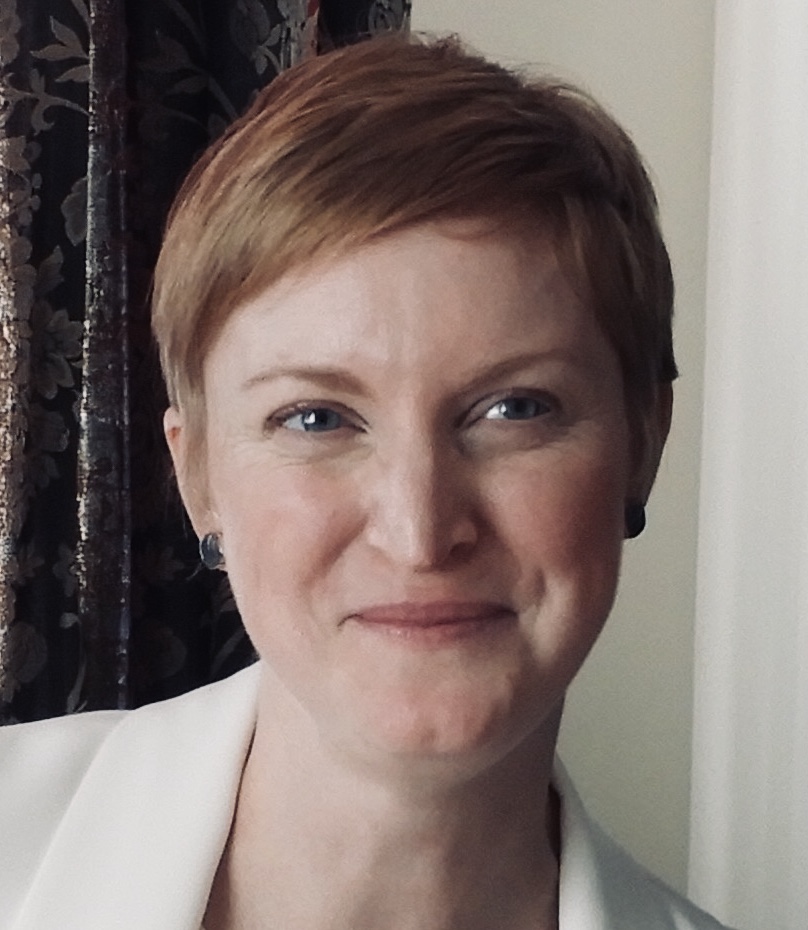Catherine Ashford: Telling a new and different story about homelessness
Catherine Ashford from the UK homelessness charity, Crisis, will be taking part in a panel discussion later today at the annual Scottish homelessness conference, Safe As Houses. A few years ago, Crisis commissioned The FrameWorks Institute to conduct in-depth research to understand attitudes towards homelessness in the UK. Catherine tells us more about the session today and the work carried out in recent years.

Catherine Ashford
I hope you will be able to join us today for All Homelessness Starts in a Community, which starts at 1.30pm. In this session on the final day of this year’s Scottish Homelessness Conference I will join others to look into how the framing of homelessness and public perceptions has changed since COVID-19, and what can we do to prevent homelessness occurring.
Also on the panel is Carolyn Sawers, deputy chief executive Corra Foundation (chairing); Fiona Garven, director, Scottish Community Development Centre; Hannah Green, lived experiences specialist, Centre for Homelessness Impact and Twimukye Mushaka, senior fieldwork development officer, Poverty Alliance.
As a panel, we will reflect on public perceptions of homelessness and whether they have changed in the upheaval of the pandemic. We’ll be discussing how we can talk about the issue in our communications in a way that helps to harness and grow collective responsibility for, and commitment to, the actions we know are needed.
And this is where framing makes the picture. Framing is one of our most powerful tools. We know that making deliberate choices about the words and images we use based on evidence can shift public thinking in important ways. It can broaden understanding of why homelessness happens; enhance empathy and emotional connection with people facing homelessness; drive a sense of collective responsibility and energy; and increase optimism and belief that homelessness can be ended for good.
The research looked at the shared sector understanding of homelessness and its communications about it; at media coverage of homelessness. It took a deep look at public thinking, involving more than 10,000 members of the UK public.
The research found that the people across the UK overwhelmingly connect homelessness with rough sleeping, and with certain groups of people – white, middle-aged men, abused women and young people kicked out of home. The wider experience of homelessness – of different people, different circumstances, different forms of accommodation – is missing.
The causes and the consequences of homelessness are too often centred on individuals, on the choices they have made in their lives and results for them alone. Structural and systems causes and the wider impact of homelessness on our society are also missing from public thinking. And there is a strong feeling that homelessness will always happen – whether this is rooted in blaming individuals, the uncontrollable push and pull of the economy, or scepticism of about the effectiveness of government action. A sense that we can prevent homelessness is missing.
By framing our communications about homelessness we can help dislodge some of this harmful, inaccurate thinking and provide those missing pieces to help form a new and powerful story, and in turn build public understanding.
We can frame with values; with tested metaphors and context; by showing the wider experience of homelessness; by making small changes to avoid ‘othering’ and avoid reinforcing the stigma faced by people everyday for being without a home.
And the more that we can work together to do this, across all organisations working to end homelessness, the better our chance of changing hearts and minds.
You can book here to get involved in our discussion later. If you enjoy it and want to learn more about reframing homelessness you can sign up for our intensive online workshops.
Crisis is holding free online workshops for the homelessness sector in Scotland on 23/ 24 November 2020 (participants will be invited to both workshop sessions), and in again January 2021. We only have 15 places for each set of workshops, so hurry to book yours. You can contact me directly to express your interest in booking a space for your organisation: catherine.ashford@crisis.org.uk
For more information visit the Crisis website for our introductory video series, filmed during lockdown and to download our framing homelessness toolkit.
- Catherine Ashford is strategic communications project manager for the Crisis Framing Homelessness Project








